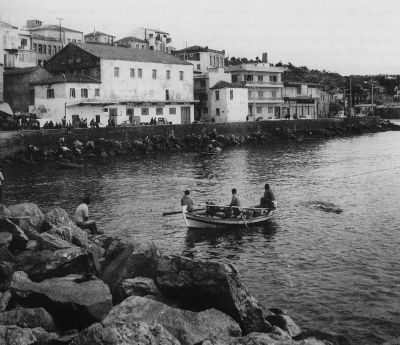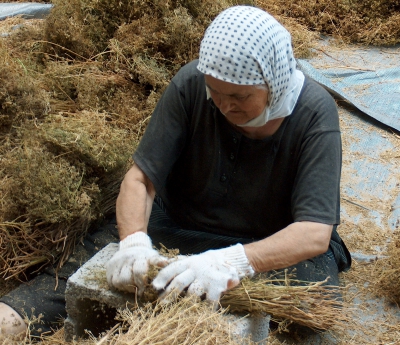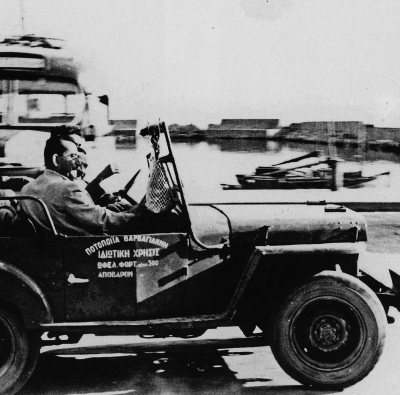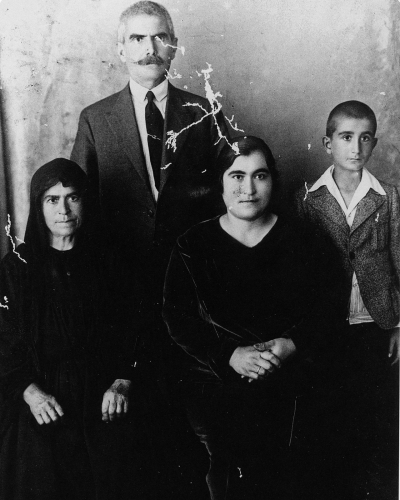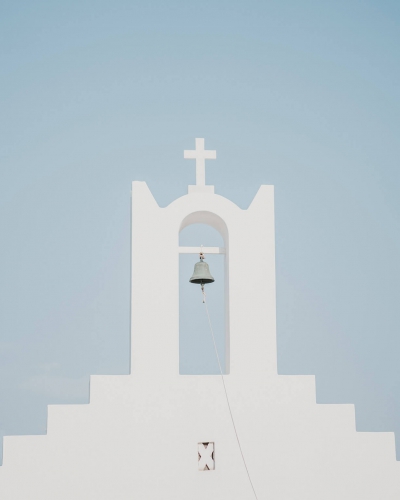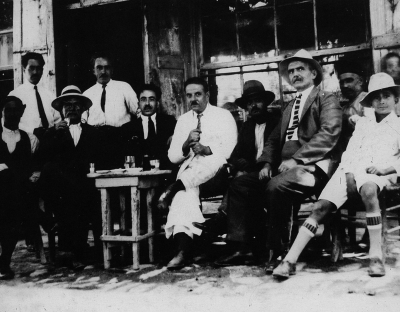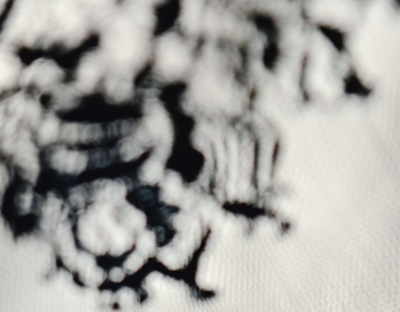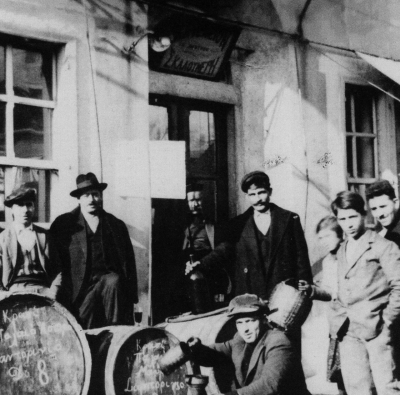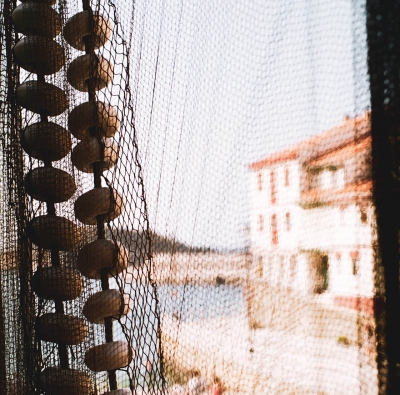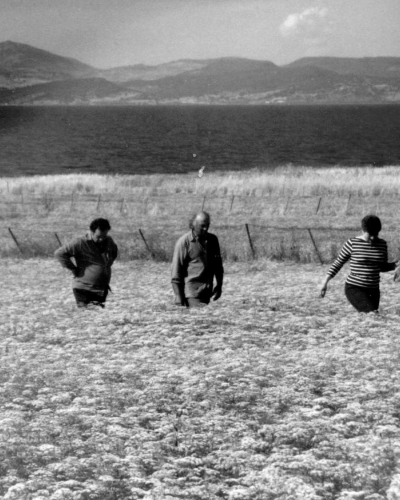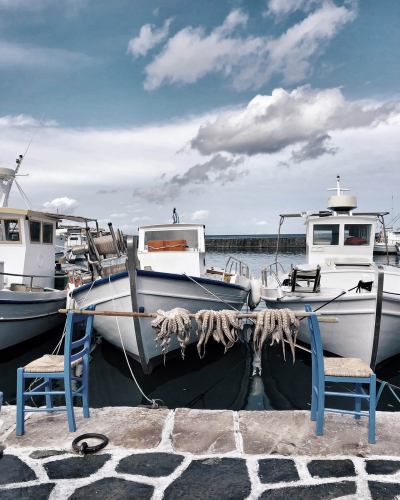History
SINCE 1860
164 years have gone by since 1860, when the fifty-five-year-old Efstathios Varvayiannis, born in 1805 in Cyclades, decided to abandon Odessa where he had emigrated and settle permanently in Plomari, Lesvos, establishing the Varvayanni Distilleries. Along him came his wife and his thirty-year-old son, Ioannis.
For 127 years and four consequent generations Varvayanni Distilleries was managed only by one person at a time
E.V
I.V
Ioannis Varvayannis helped the company grow in a period rather favorable for the economy of Plomari. He took advantage of the vibrant commercial activity of the village’s port and managed to market the ouzo not only in Plomari and all around the island but even beyond the island of Lesvos for the first time. He expanded the first distillery and he installed an extra copper still, which is still kept. He died in 1906, at the age of 79, leaving behind an important legacy.
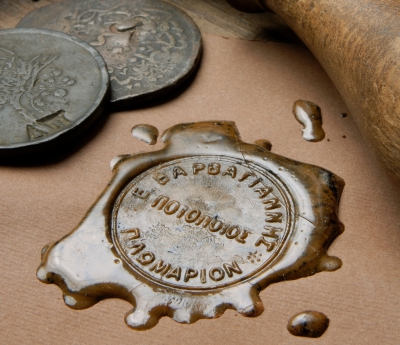
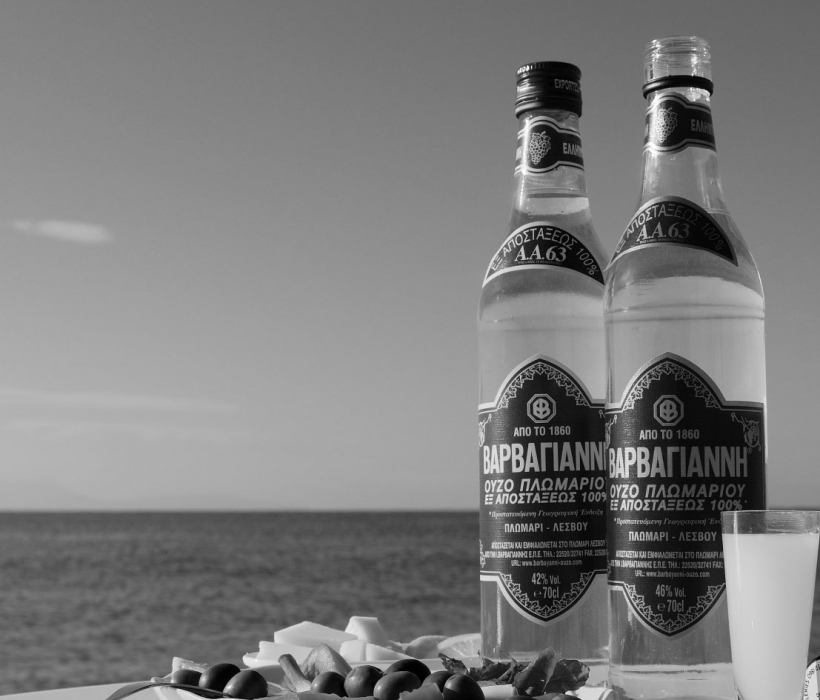
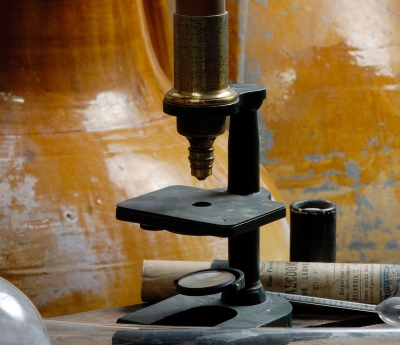
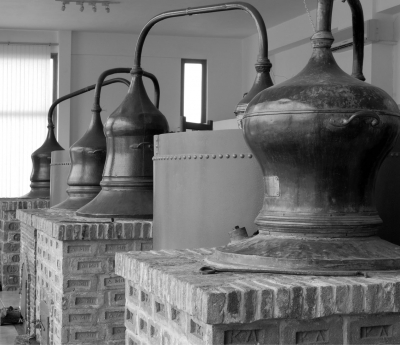
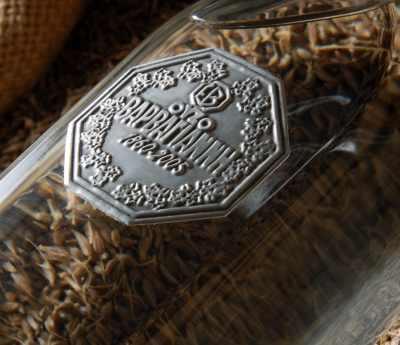
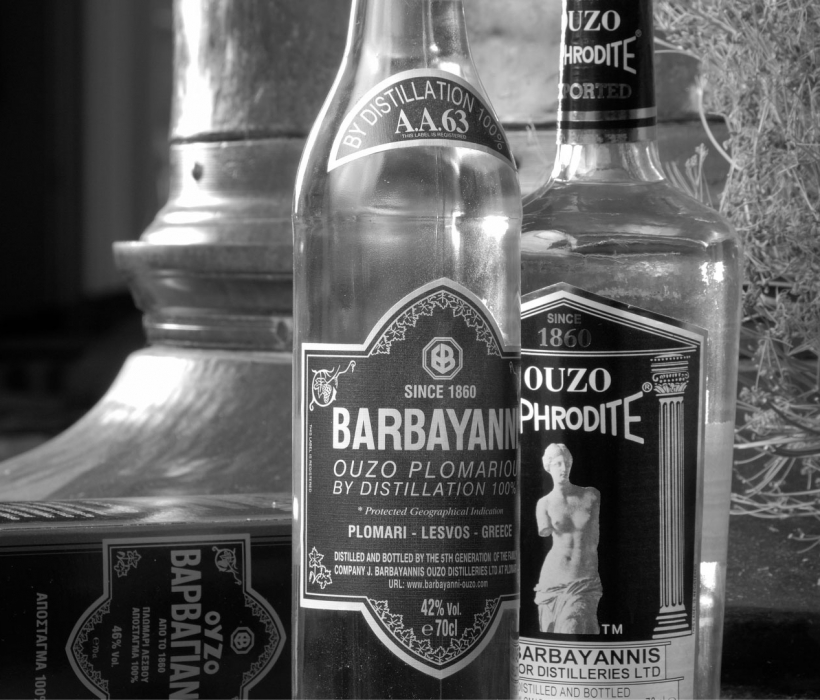
EXPORTS
He also had a lot of success business-wise, relaunching the exports of the products to countries such as the USA, Australia, South Africa and later Europe, too. Ioannis Varvayannis remained at the wheel of the company for a whole of 41 years, till his death in 1987. For 127 years and four consequent generations Varvayanni Distilleries was managed only by one person at a time. From the founder Efstathios Varvayannis in 1860, to his son Ioannis Varvayannis and later on to his grandson Efstathios Varvayannis and to his great-grandson, the leader has always been one.
The sixth generation has now come into the company, taking up various roles and leading the Distillery to the new era
OUZO VARVAYANNI GREEN LABEL
In 1987, and for the first time in its history, Varvayanni Distilleries became co-owned by three people, Ioannis’ three children: Stathis, Manolis and Vayia. The three of them achieved a lot of. They increased the production capacity, produced for the first time “Ouzo Barbayanni Green Label”, established the first Ouzo Museum and managed to penetrate new markets to export their products. However, their most important achievement was the development of a co-existence and synthesis culture that makes the most out of the talents and the creativity of all family members. The sixth generation has now come into the company, taking up various roles and leading the Distillery to the new era.
NEW GENERATION
Giannis, Antreas, Foteini, Maria, Giannis, Eirini and Giannis hold a valuable family treasure, other than just the recipes and the stills. It is mainly the silent obligation that they have willingly undertaken themselves; their generation should safeguard the family tradition, the values and the vision of the old distillery, conversing at the same time with each generation, each era in their language.
